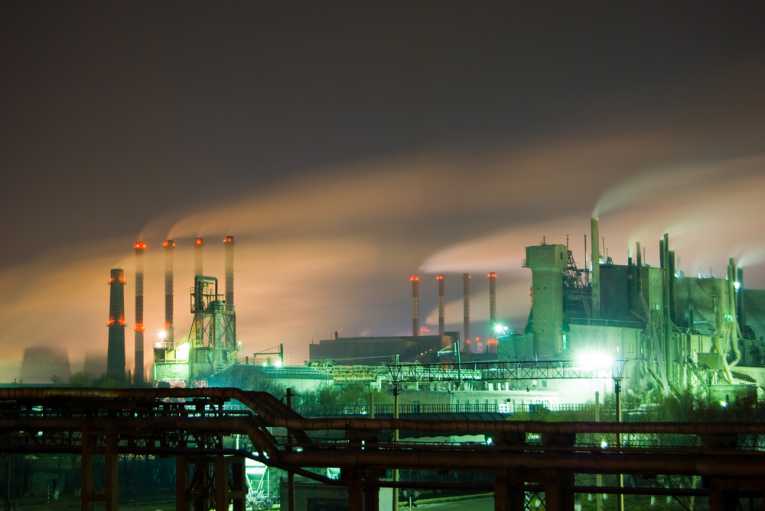We all empathise with the tragic Fukushima nuclear episode. One of the most prepared countries for such a disaster was unable to cope with a tsunami. We are relieved that fewer people are officially affected than was first thought, but there is doubt internationally that nuclear facilities are ever safe. With Japan as the biggest sufferer for 25 years in this third major nuclear accident, the nuclear industry is now hesitant continuing.
Politically, several Asian countries cause nuclear concern and another light-water reactor has been predicted to cause problems, since Chernobyl. China is in the forefront of the doubters, after many years of nuclear "progress." Many countries still continue with their nuclear fission programme, arguing that earthquake zones will not be used in future.
Western Europe with much less fossil fuel use than ever before, produces 50% of its electricity from nuclear reactors and could provide the stimulus for others to re-instigate their nuclear production. But if President Sarkozy goes, then many French nuclear plants will join the 17 German reactors in closure. Britain, the Czechs and the Netherlands are liable to continue their nuclear programmes and efforts to cut carbon emissions.
The Kyoto protocol of 1997 seems likely to be abandoned in 2012. Carbon emissions may actually increase unless China and the US agree to a similar protocol. The Copenhagen agreement of 2009 confirmed President Obama as somewhat green, but he will have to go further than promises.

Nuclear power plant in Temelin (Czech Republic) via Shutterstock
We also have the prospect of the formation of North versus South blocs in the IAEA. With Iran and North Korea both alienated and as aggressive as they can be, nuclear weapons are on the agenda, when we have lack of agreement on almost every other nuclear race. India and Pakistan have over 50 nuclear weapons, after forty years of disparate development, with Chinese and other help. The two countries rarely develop in unison, with India now growing as Pakistan struggles.
The Non-Aligned Movement affords a unique possibility of influencing their members, with all but one of the problem countries involved. Those who followed President Tito in 1961 now include many countries who would agree with major powers on confining nuclear weapons. No-one knows how arguments would proceed in that forum.
Will any cross-fertilization between the weapons enthusiasts and those who enjoy nuclear fission take place? Alternatively will the disarmament lobby begin to agree with the anti-nuclear energy bloc. The politics is deep but the prospects for most progressive manoeuvres have always been bleak.
The four named nuclear stances are undoubtedly totally independent, but progress in one area affects sources and arguments for the others. 2012 could be predicted to have fewer power stations, less weapons and thereby a reduced risk for accident or war.
This article was based on a paper published in the Bulletin of the Atomic Scientists: 'Nuclear energy 2011: A watershed year'.















